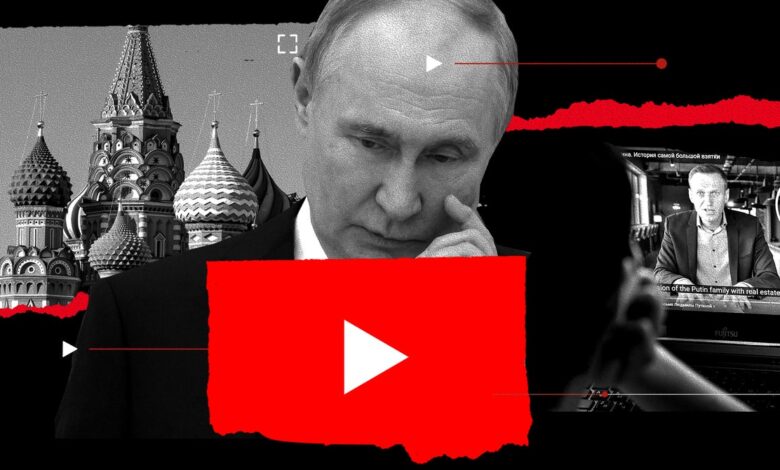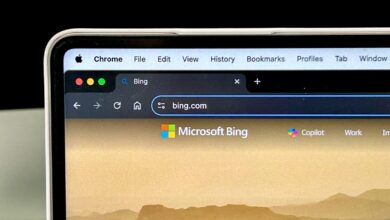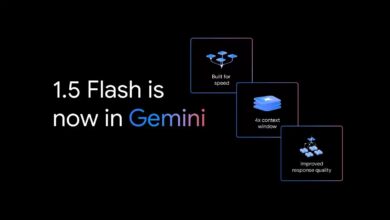Russians love YouTube. That’s a problem for the Kremlin

Milov emphasized that YouTube is more than just a one-way service: Because it allows users to comment and chat anonymously, it offers a unique opportunity for ordinary Russians to express themselves without fear of censorship. Browser.
“Our response was overwhelming,” he said. “Just for me, I literally get messages every day from at least a hundred people across the country. When something serious happens? Thousands.” Milov said that sometimes the first sign that something terrible has happened in Russia is how many unread messages he sees in his YouTube inbox.
Milov said that this response reinforces the idea, even supported by Kremlin-approved pollsters, that opposition to the war in Ukraine is growing. But it also provides some important details and nuances. “So I would say, this is like a giant focus group that you can also communicate with. You can ask them questions again.” He chuckled when thinking of Russia’s notorious intelligence and security agency: “You know, the FSB would kill people for this kind of information.”
“Clear question Why doesn’t Putin shut down YouTube? Milov said. “Easier said than done.”
In recent years, Moscow has deployed a series of strategies to suppress and destroy independent media and the open internet in Russia. Platforms like Facebook, Twitter and TikTok have been completely blocked. Independent media outlets such as Meduza, TV Rain and The Insider have been declared “undesirable” or labeled “foreign agents.”
Through it all, YouTube still exists.
Milov said that the Kremlin has been too slow in getting YouTube going. At a time when Moscow bans other popular Western platforms, the Google-owned video platform has become indispensable for everyday Russians. “They were like letting the genie out of the bottle,” Milov said.
“YouTube is mothers showing cartoons to children, teenagers watching music videos, people watching comedians, old people watching old Soviet movies, widely available there, etc,” he said. “And you turned it all off? So now you have empty evenings, from this point on.”
Unable to disrupt YouTube, the Kremlin tried its best to compete with it.
Moscow has high hopes for Rutube, a longstanding YouTube clone that was relaunched in 2020 following a merger with the media arm of state-controlled energy giant Gazprom. If the “top videos” section of the site is to be believed, it hasn’t worked—some videos have racked up views in the mid-thousands.
VK, Russia’s answer to Facebook, has done a little better with its video sharing platform and is full of pro-Kremlin broadcasters. But even its most popular channels make up a tiny fraction of the largest Russian-language YouTube accounts.
“It’s like a big but empty room,” Milov said of the Kremlin-backed alternatives.
Having failed to compete with his online critics, Milov believes Putin has chosen a more direct strategy. Just a few days before I arrived in Vilnius, thugs appeared outside the home of Leonid Volkov, former president of the Anti-Corruption Foundation and Nalvany’s chief of staff. Armed with hammers, they beat him brutally. Lithuanian intelligence believes that those arrested are operates under orders from Russia. A week after the attack, Volkov back to YouTubearm in a cast, “I won’t stop – although I will move less in the coming weeks,” he said.




